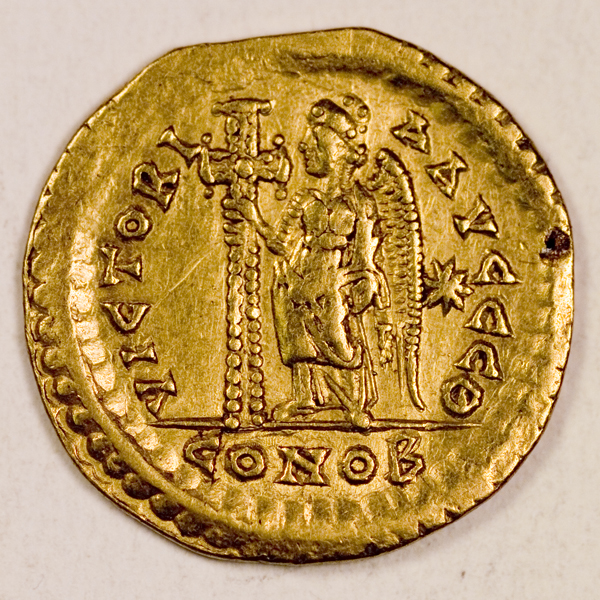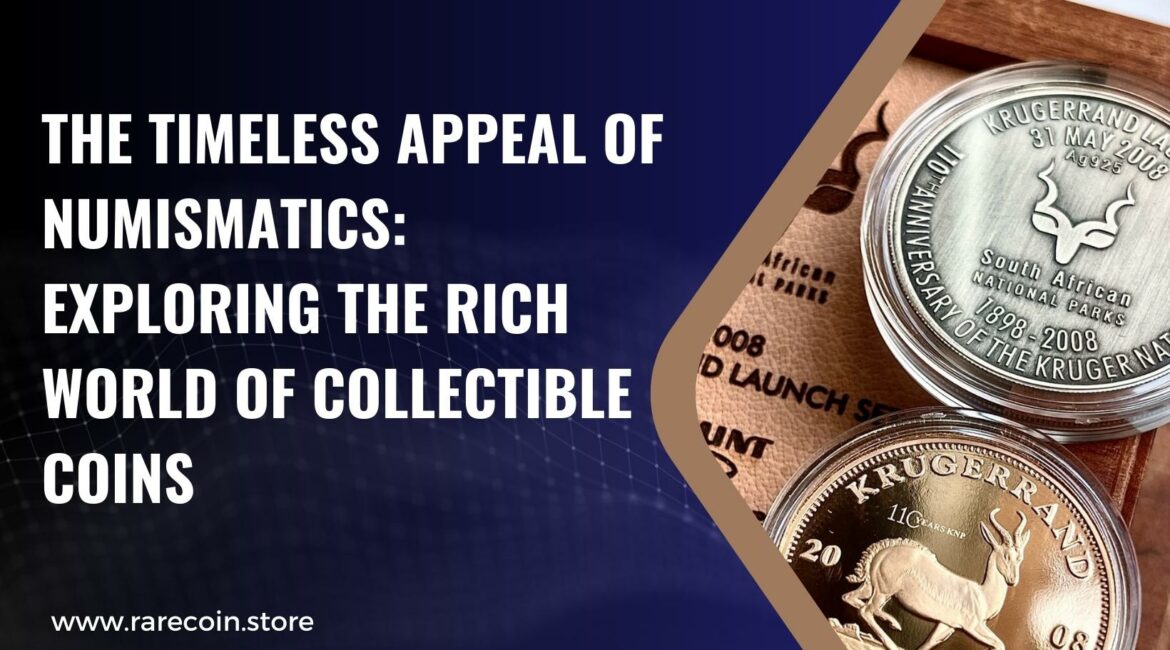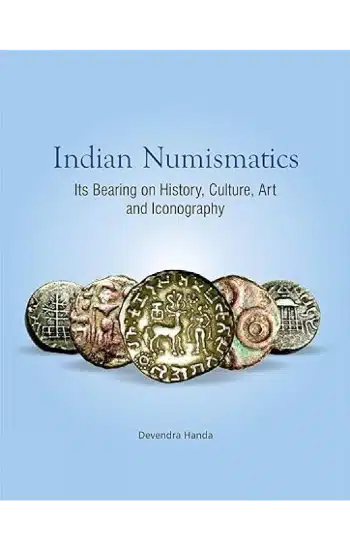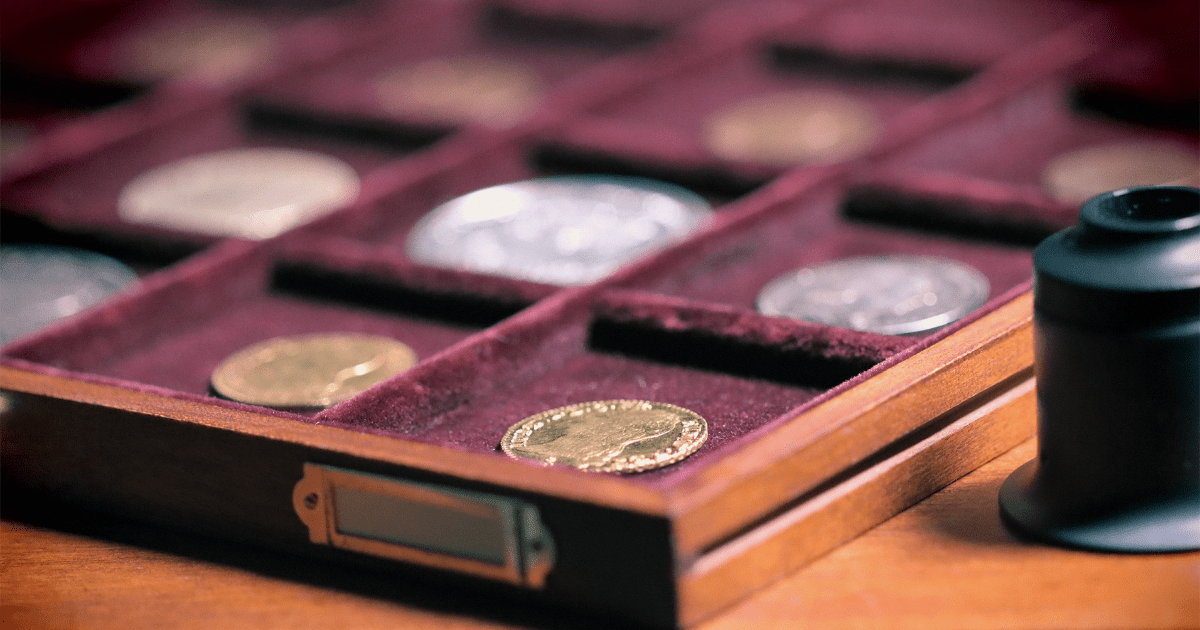Here's a structured approach: Here is a step-bystep method. Numista or online catalogs for major mints, such as the United States Mint, the Royal Mint or academic databases which archive research in numismatics are all options.
Define Research Focus: Specify your research objectives. Are you interested in the history of production, the volume of production, technological advancements, economic and cultural impacts or other aspects of a particular mint? Tailor your search queries accordingly.
Search Strategy: Add the name of your mint and any keywords you use that are related to mints or numismatics. Utilize advanced search options to sort results according to date, type of document (such as historical reports, academic papers or catalog entries), and geographic region.
Data Collection: Gather information on the mint's establishment date, historical periods of operation as well as the kinds of coins made and the minting techniques used (such as hand striking versus machine striking), and any notable events or changes in the practices of minting over time. Browse databases and catalogs that provide specific information about coins, sorted by date denomination and design.
Analysis: Review the data in order to find patterns and trends in minting practices across various historical periods or geographical locations. Review the evolution of coin design, metal composition changes, as well as technological advancements that have impacted coin production.
Cross-References: Verify the information you've found by cross-referencing data across multiple sources. This will ensure the accuracy of your research and comprehensive.
Documentation: Make sure you record your findings in a structured way. You should cite sources and record the techniques you used. Maintain clear records of the databases you have consulted as well as the search terms you used and the significance of every source you use to achieve your research goals.
Stay updated: Numismatics has an ever-changing research environment where new discoveries and research papers are published regularly. Stay current by regularly checking the database. It may contain updated information, such as recently published documents that have been digitalized or scholarly research.
Utilize these steps to access databases to conduct thorough research on the field of numismatics and its relationship to mints. This permits a thorough investigation of the technological, historical and other aspects of coins production. Take a look at the best commemorative advice for more recommendations including currency, currency dealer, coin issue, banknote printing, authenticity, austrian coins, coin design, banknote marketplace, central bank, coin value and more.

How Can I Search For Coin Dealers On A Numismatics Database?
In order to research the numismatics and dealers of coins it is necessary to use databases that provide information about dealers, numismatics and also historic transactions. The following is a methodical approach for conducting this type of study: Database Selection: Select databases that are specialized in numismatics and dealer listings. Examples include online numismatic marketplaces dealer directories offered by the numismatic societies (like the Professional Numismatists Guild), auction house databases, and historical archives of numismatic transactions.
Define Research Focus: Specify your research objectives. Are you looking to understand the background and character of particular coin dealers, trends in numismatic sales, the pricing of coins over time or the impact of dealers on numismatic collection trends? Clarify what you are trying to find in order to aid your hunt.
Search Strategy: Make use of keywords like "coin dealers," "numismatic market," "dealer directories," and also include specific names of dealers or geographic regions where applicable. Advanced search options allow you to search by date, dealer type (such old coins modern coin, antique coins, rare coins) and the type of transaction (auctions or personal sales).
Data Collection: Get access to data on coin dealers. This includes their business names as well as addresses along with information such particularties, operating years, and profiles. Learn about the achievements of notable dealers to the numismatic community or their involvement in famous auctions and sales.
Examine the data and comprehend the role of coin sellers in numismatics. Examine how dealers affect market dynamics, shape trends in collecting verify and classify coins, and contribute to the diffusion of knowledge about numismatics through educational or publication.
Cross-Referencing - Check your findings with information from various directories, databases, auction records and archives from the past. This can help you make sure that the research you conduct is thorough and accurate. It also gives you an knowledge of the functions and contributions made by dealers in the field of coin.
Documentation: Record your findings systematically by citing sources and noting the methodologies you employed. Keep track of the specifics of the databases you accessed, the search terms you used, and how each resource connects to your research.
Stay up-to-date with the latest developments in the field of numismatics. The marketplace and dealer landscape change constantly due to auctions that are new. Keep up-to-date with updates from numismatic organizations auctioneers, auctioneers, as well as market websites for the most recent developments and developments in numismatic trading and dealer activity.
If you follow these steps, you can effectively make use of databases to research numismatics in relation to coin dealers. This method lets you investigate the historical profiles of dealers in the field, their market impact, as well as their contributions to scholarly research they have contributed to numismatics. Read the most popular learn more here on coin for more tips including proof coins, engraving, banknote printing, coin errors, krona, rupee, copyright, dinar, coin storage, banknote display and more.

How Can I Find Numismatics That Pertain To Collectors On A Database?
The study of numismatics in relation to collectors involves using databases that are focused on collections, collecting interests, society for numismatics, and collector profiles. The following is a methodical way to conduct this research: Database selection: Select databases that specialize in numismatic profiles, numismatic organizations, and collector collections. There are a myriad of examples, including online collector forums and websites for numismatic societies (such the American Numismatic Association), and research databases and collector databases specialized in the field of numismatics.
Define Research Focus: Specify your research objectives. Are you keen in learning about the collecting desires of a particular collector and notable collections, or about trends in the field of collecting numismatics? Or are you more interested in cultural and historical reasons that motivate the collecting process? Clarify what you are looking for to narrow your hunt.
Search strategy: Choose keywords that describe collectors, like "numismatic" or "collector profiles" and include specific names of collectors if needed. Results of a search can be filtered using collecting specifics such as ancient coins, exonumia and paper money.
Data collection: Access collector information, including biographies of the collectors, their collecting interests and noteworthy acquisitions. You can also access details about the contributions made to numismatic research or community events. Collect information about noteworthy collections including their formation and distribution, for example auction results, or catalog entries.
Analysis: Study data to comprehend the motives and motivations behind collecting numismatics. Explore how collectors shape market demand, impact collecting trends, and contribute to the conservation and dissemination of numismatic information through publications, exhibitions or educational initiatives.
Cross-Referencing - Check your findings using information from various databases, profiles of collectors or numismatic journals and auction archives. This ensures accuracy and completeness in your research and provides insight into the many role and contributions of collectors to the numismatic community.
Documentation: Documentation is important. Cite sources and note the methodologies you have used. Note the details of the databases used, search terms used, and the significance of every source you use to answer your research questions.
Keep Up-to-date: Numismatic collection interests and trends evolve over time. Monitor updates in collector forums and publications from numismatic societies and databases for specialized collectors to keep up-to-date with the latest trends and developments.
These steps can help you utilize databases to research numismatics from the perspective of collectors. This approach allows for an in-depth analysis of the motives behind collectors, their motivations and contribution to the field of numismatics. It can provide valuable insight into the cultural, historical and economic aspects of collecting practices. View the best rupee for site advice including german coins, coin auction, commemorative coins, coin collecting, bullion, coin release, banknote display, coin history, coin issue, banknote dealer and more.

How Can I Find Out More About Numismatics In Relation To Conservation And Preservation Experts Using A Database For Numismatics?
Here's how you can conduct a systematic research on the subject of numismatics. A method that is structured is provided to help you conduct this kind of research. Examples include conservation organization websites (such as the International Institute for Conservation of Historic and Artistic Works), museum conservation departments, and specialized publications on numismatic conservation.
Define Research Focus: Specify your research objectives. Are you interested in understanding conservation techniques applied to numismatic artifacts, case studies of recovered coins or medals as well as preventive conservation strategies or ethical issues in numismatic conservation? Clarify what you are looking for to reduce your search.
Search Strategy: Use words like "numismatic conservation," "coin preservation methods," "conservation practices for medals," and include specific conservation methods (such as cleaning, stabilization storage) or historical periods when appropriate. Utilize advanced search options for the ability to filter results based on date or conservation topic.
Data Collection: Access to data on conservation and preservation techniques for numismatic artifacts. Find out more information, including articles about the conservation issues, interviews with conservation experts, case studies on the treatment of collections, and guidelines for handling and storing collections.
Analyze the data to understand the methods as well as the issues and breakthroughs of numismatic conservaiton. Consider the impact that conservation methods affect numismatic objects as well as the importance of scientific analysis in conservation decisions, as well as the integration of ethical principles in conservation practices.
Cross-Referencing: Check your findings by cross-referencing information across several databases, conservation organizations websites, museum conservation departments, as well as scholarly publications. This lets you do a thorough and precise study on the subject of conservation of numismatics.
Documentation: Document your findings in a structured manner by noting the sources and methods used. Note the details of the databases accessed as well as search terms used and the significance of each source to your research needs.
Being up to date with the latest conservation standards and techniques is important. They are evolving as science and technology develops. Keep up to date by following updates from conservation groups, museums conservation departments and other publications on preservation of numismatics.
Following these steps will allow you to explore numismatics as well as conservation specialists. This method lets you examine the ethical and methodological approaches used by conservation specialists when preserving numismatics. It also gives you insight into the ways they've contributed to the cause. Follow the best currency exhibition url for website recommendations including banknote errors, ringgit, franc, silver, banknote printing, dirham, euro, franc, authenticity, coin show and more.

What Can I Do To Research Numismatics With Respect To Industry Consultants Using Databases?
Here's a method for conducting this type of research: Database Selection: Select databases that focus on consulting companies, industry reports and publications that are relevant to the field of numismatics. Here's a method to conduct this research: Database Selection: Select databases that specialize in consulting companies, industry reports, and publications related to numismatics. Some examples include business directories or websites as well as publications from numismatic groups as well as databases that specialize in specific industries.
Define Research Focus: Specify your research objectives. You might be looking for consulting services in the numismatic industry as well as market analysis reports about numismatics or in the expert knowledge of consultants in specific areas of numismatics. Clarify your search to assist you.
Search Strategy: Use keywords like "numismatic industry consultants,"" "consulting firms that specialize in the field of numismatics,"" "market analysis reports on coins," and include specific areas of expertise or geographic regions where appropriate. Advanced search options allow you to filter by date, consultant specialty, and consulting service offered.
Data Collection: Access data on consulting companies who specialize in Numismatics. In addition, there are consultants from industry who provide services to businesses that deal in numismatics. Data Collection: Access information about consulting firms, their areas of expertise (market analysis, collection management as well as authentication) and testimonials from customers, and reports written by industry consultants.
Study data to understand the roles of consultants and the contributions they make in the numismatics industry. Analyze the skills and strategies employed by consultants to provide advice on investment in numismatics, market trends, and collection management strategies.
Cross-Referencing - Verify your findings through cross-referencing across databases, consulting firm directories and numismatic society publications. This will ensure the accuracy and completeness of your study. This also gives you an extensive overview of the consulting landscape in the field of numismatics.
Documentation: Record your findings systematically by citing sources and noting the methodologies you employed. Keep track of details on the databases used, the keywords used to search, and the relevance of each source to your research needs.
Keep up-to-date. Trends in the market, consultancy services, and the latest economic developments and regulatory changes will impact the numismatics industry. Monitor updates from the sites of consulting companies, industry reports and publications of societies for numismatics to keep up with the most current industry trends.
Use these guidelines to utilize databases efficiently to study the numismatics industry in relation to consultants. This technique allows for an in-depth investigation into the advice services, market analysis and strategic information offered by consultants in the numismatic industry. They offer useful insights into the business's operations, investment strategies and market dynamics within the numismatics industry. See the top rated currency society blog for site advice including silver, banknote collection, central bank, coin expo, coin display, currency society, coin pressing, dollar, coin forum, dollar and more.
